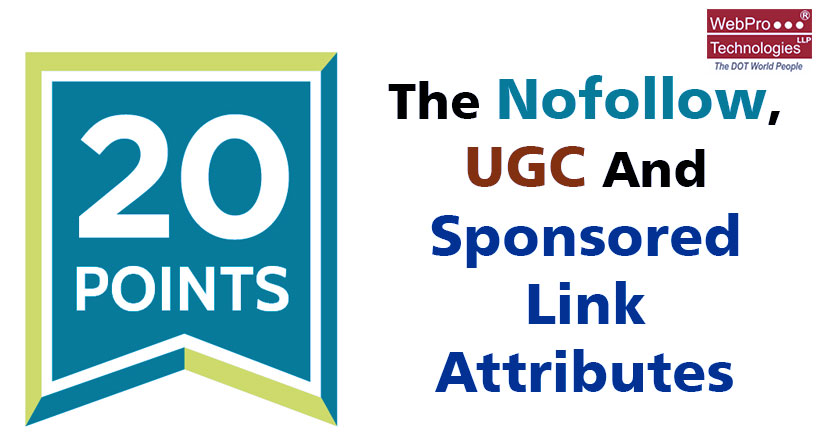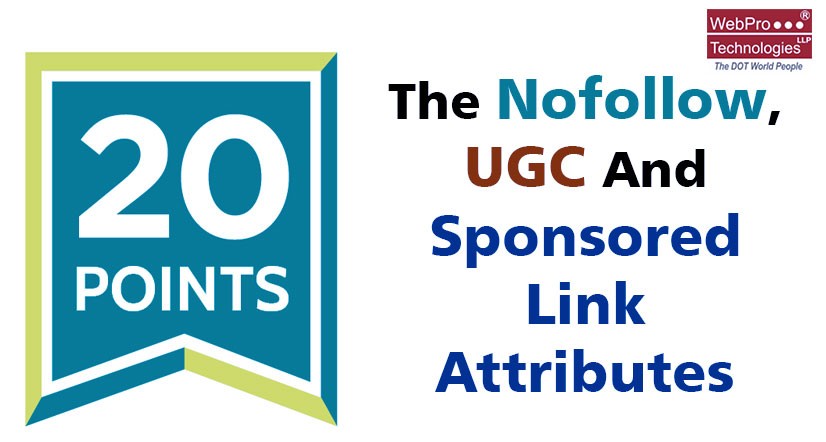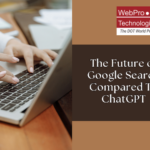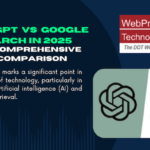
- Nearly 15 years ago, the nofollow attribute was introduced as a means to help fight comment spam. It also quickly became one of Google’s recommended methods for flagging advertising-related or sponsored links.
- From 10th September 2019 onwards, three new link attributes, 'sponsored', 'ugc' and 'nofollow', are applicable as hints for Google to incorporate for ranking purposes.
- For crawling and indexing purposes, nofollow will become a hint as of March 1, 2020.
- No Follow meta tag applies to all the links on the page.
- Rel-nofollow is applicable only to the link mentioned in the <a> tag.
- No follow meta tag was a directive till Google announced the ‘rel’ link for 'nofollow'.
- From now on, the 'no follow' meta tag ceases to be a directive but is considered a hint just like the rel attribute .
- All the link attributes -- sponsored, ugc and nofollow -- are treated as hints rather than directives. A directive is a direct specification on which the mentioned action has to be taken by the bots. Hence, earlier when the page had a nofollow meta tag in the header the bot completely ignored the links on that page. A hint means that Google may or may not obey the Meta Robots Nofollow when it encounters it.
- There’s absolutely no need to change any nofollow links that you already have.
- The nofollow tag is still valid.
- But,there is no meta tag for rel-ugc and rel-sponsored.
- It is valid to use more than one rel value for a link. For example, rel="ugc sponsored" is a perfectly valid attribute which hints that the link came from user-generated content and is sponsored.
- You need not worry if you have used the attributes incorrectly.
- Google says, “There’s no wrong attribute except in the case of sponsored links.
- If you flag a UGC link or a non-ad link as “sponsored,” we’ll see that hint but the impact -- if any at all -- would be at most that we might not count the link as a credit for another page.”
- For WordPress, Joost de Valk (creator of Yoast SEO Plugin) has said that it’s one line of code (for blog comments) and will be added to the next release.If any SEO informs you that Google has announced something new and there will
- be many changes required site wide, then he/she is lying. Do not pay heed to it. They are just trying to cheat you.
- There is a new New Chrome extension that highlights links using rel=”nofollow”, rel="sponsored" and rel="ugc". The extension is called “Strike Out Nofollow Links”. The extension strikes out links containing relations rel="nofollow", rel="ugc" and/or rel="sponsored". No JavaScript is used, only CSS3 selectors.
- Using the new attributes allows Google to better process links for analysis of the web.
- As SEOs/developers this can be a small contribution to make things more organized for search engines.






